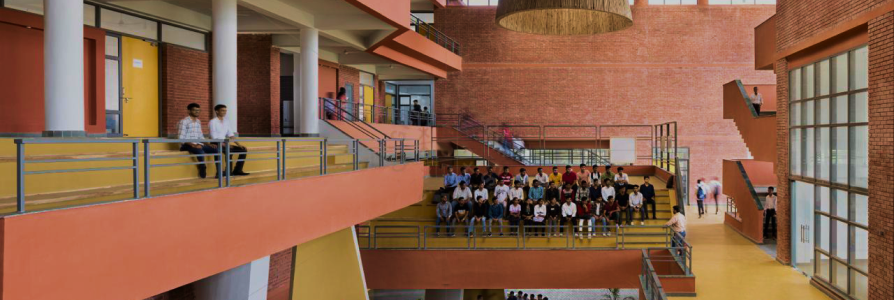Start Your career with an edge of
300+ campus recruiters for
placements and internship.
St. Andrews college of Pharmacy (SACP) is committed to providing a comprehensive and rigorous academic experience designed to cultivate the next generation of pharmacists and pharmaceutical scientists. Our curriculum seamlessly blends theoretical knowledge with practical application, preparing students for professional success and leadership in the field.
We offer a Bachelor of Pharmacy (B. Pharma), which is a four-year program, and a Diploma in Pharmacy (D. Pharma), a two-year program.
The curriculum is structured to progress from basic pharmaceutical sciences to advanced concepts in pharmacy practice. The initial years focus on foundational subjects, such as human anatomy and physiology, pharmaceutical chemistry, and basic pharmaceutics. As students advance, they tackle more complex topics such as clinical pharmacology, pharmaceutical biotechnology, and regulatory affairs.
We emphasize an interactive learning approach, engaging students through workshops, seminars, and hands-on laboratory projects. Renowned pharmacists and industry experts regularly visit as guest lecturers, enriching the learning experience with their insights and real-world knowledge.
Research is a cornerstone of our academic philosophy. Students are encouraged to pursue research in areas such as drug development, clinical pharmacy, pharmacovigilance, and pharmaceutical technology. The college supports these endeavors through access to advanced labs, research grants, and collaboration with industry leaders.
To ensure our students gain a global perspective, we offer numerous opportunities for international exchange and study abroad programs. Partnerships with leading pharmacy schools around the world enable students to experience different pharmaceutical practices and methodologies.
The transition from academic to professional life is supported by a robust placement cell, which conducts career fairs, internship matching, and networking events with top pharmaceutical companies and healthcare institutions. Our curriculum also includes professional practice courses that cover the legal, business, and ethical aspects of pharmacy practice.
Our academic philosophy is to not only educate pharmacists who can provide high-quality healthcare but also thoughtful individuals who will contribute positively to society through innovative and ethical pharmaceutical practices. The College of Pharmacy is where science meets care, shaping the future of healthcare with responsibility and precision.
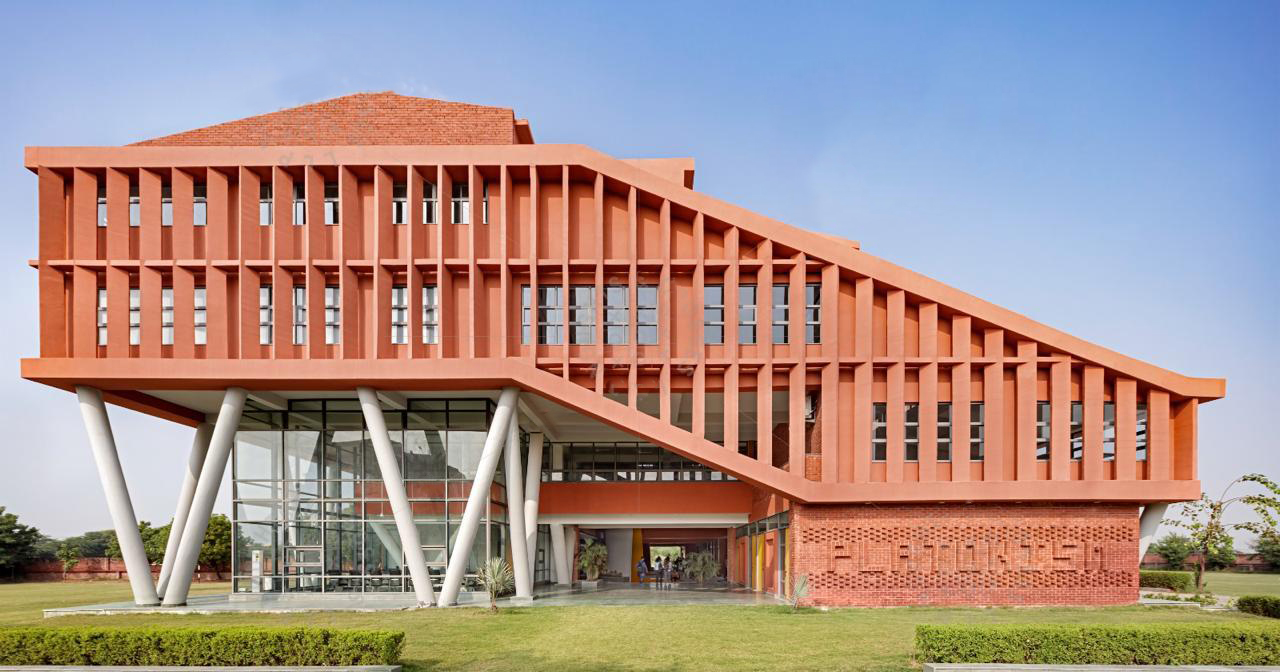
The Teaching and Non-Teaching Staff of the Institute is a blend of Senior Experienced and Young, Dynamic faculty members devoted to the noble cause of education. We, at St. Andrews look towards creating a workforce that lives and breathes the same spirit. We give importance to Practical Training, Self-Learning, Coupled with Discipline, which attracts students from overall India.
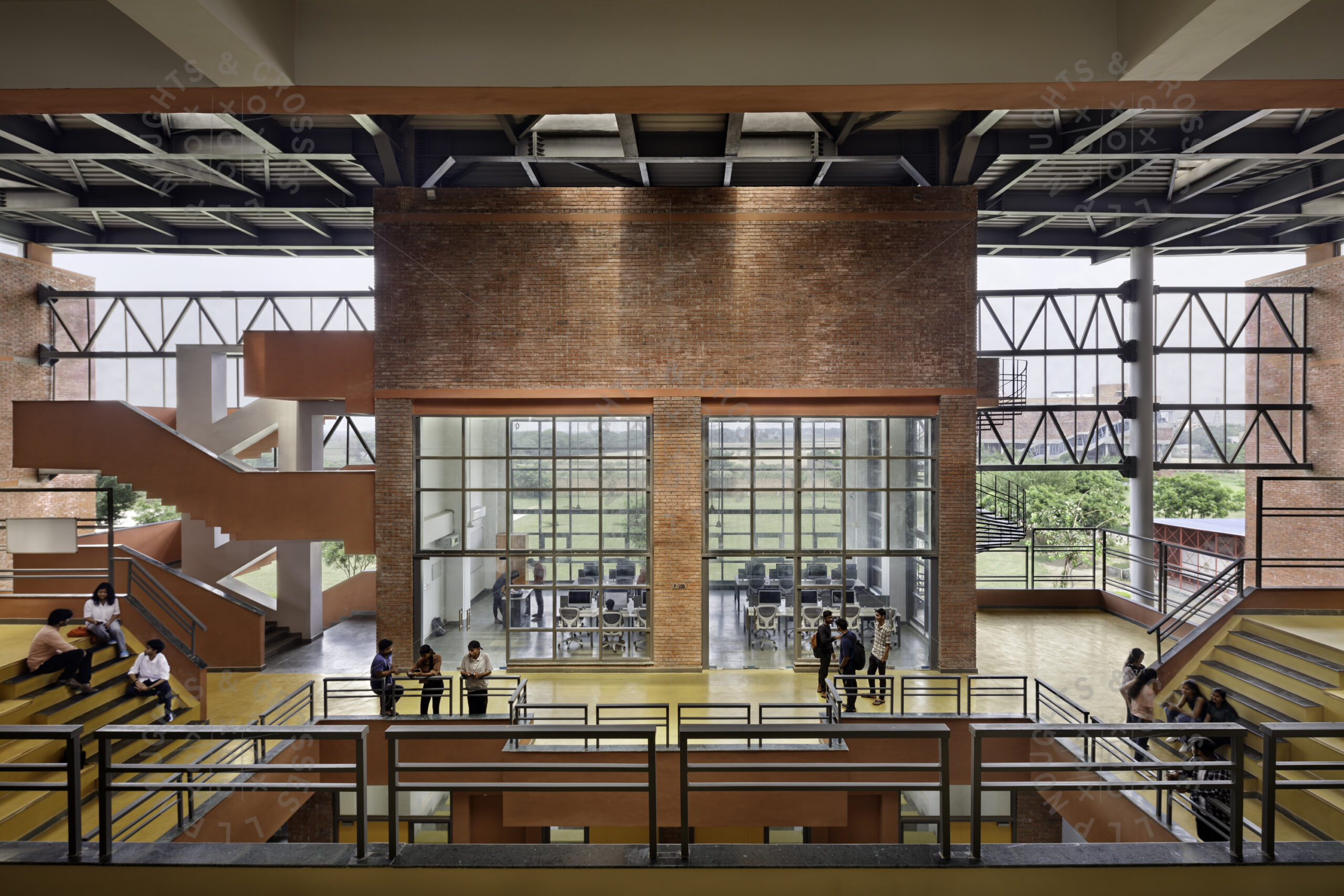
Interactive Lectures:
Practical Laboratory Sessions:
Case-Based Learning:
Experiential Learning:
Technology Integration:
Interprofessional Education:
Research and Development:
Assessment and Feedback:
Guest Lectures and Workshops:
Pharmacy lab training is an essential component of the pharmacy education curriculum at the College of Pharmacy. It equips students with the practical skills and hands-on experience necessary to excel in various aspects of pharmaceutical practice. Here’s how we structure our lab training to ensure a comprehensive educational experience:
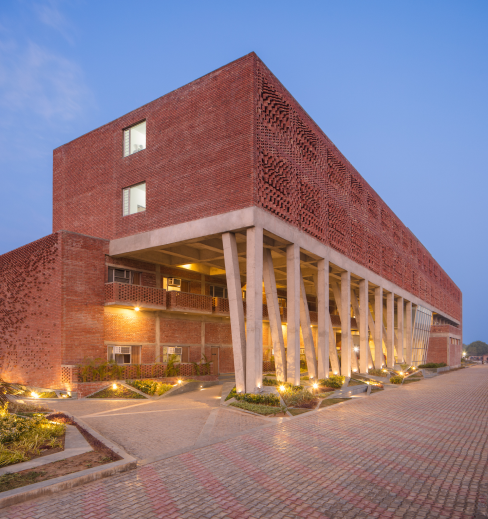

“Welcome to St. Andrews College of Pharmacy, where your creativity shapes the future. Excited to see your innovative designs unfold!”

“The best prescription is knowledge. Pharmacists are the chemists of healing and the scientists of hope.”

“Pharmacists are the bridge between despair and recovery, transforming prescriptions into hope”

“The art of pharmacy is a covenant with care, blending science with compassion to heal and help.”
SACP Infrastructure – Providing excellent infrastructure facilities is crucial for a pharmacy college to ensure comprehensive education, practical training, and overall development of its students. Below are the key infrastructure facilities that should be available for pharmacy students:
SACP Hostel provide a wide choice in selecting the type or rooms in a hostel to suit every budget, with an aim of providing a decent stay and the best possible learning environment.
SACP Hostel provides a comfortable and safe housing to all its residents. The students housed in the campus are encouraged to use the gymnasium, playground, and all indoor gaming facilities. Apart from the basic amenities like bed, chair, table, water cooler, solar water heater, mess facility is also available for breakfast, tea, lunch and dinner.
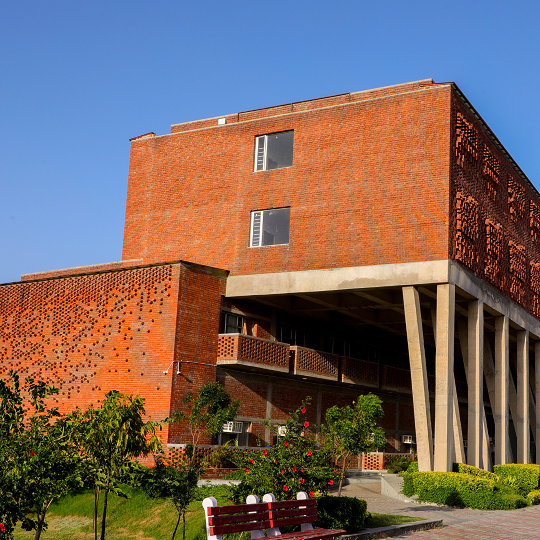
New Hostel Wing offers a modern and vibrant living space for Pharmacy students…
Accommodation
–Rooms
–Furniture
Amenities
–Wi-Fi
–Common Areas
–Study Rooms
–Laundry Services
–24/7 Security
Dining Facilities
–Mess
–Canteen
Health and Wellness
–Medical Facilities
— Gym
–Sports Facilities
Community and Support
— Resident Warden
For Boys Hostel – College provides comprehensive accommodation facilities to ensure a comfortable and conducive living environment for our students.
Accommodation
–Rooms
–Furniture
Amenities
–Wi-Fi
–Common Areas
–Study Rooms
–Laundry Services
–24/7 Security
Dining Facilities
–Mess
–Canteen
Health and Wellness
–Medical Facilities
— Gym
–Sports Facilities
Community and Support
— Resident Warden

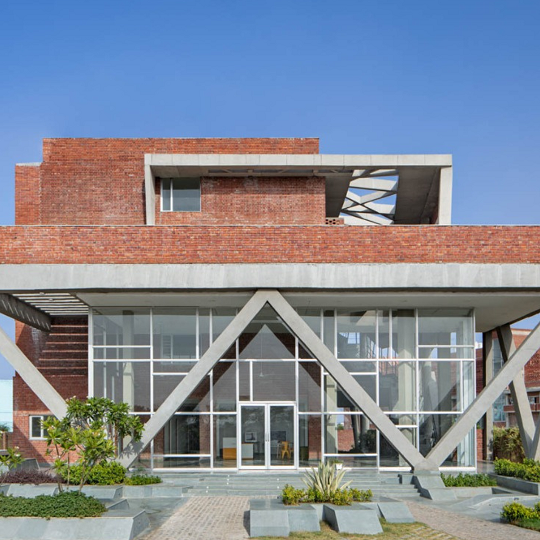
The College of Pharmacy provides a secure, comfortable, and supportive living environment for female students through its well-equipped Girls Hostel
Accommodation
–Rooms
–Furniture
Amenities
–Wi-Fi
–Common Areas
–Study Rooms
–Laundry Services
–24/7 Security
Dining Facilities
–Mess
–Canteen
Health and Wellness
–Medical Facilities
— Gym
–Sports Facilities
Community and Support
— Resident Warden
St. Andrews College is approved by the Pharmacy Council of India and affiliated to Haryana State Board of Technical education , ensuring that our educational programs meet rigorous academic standards and our degrees are recognized Internationally.
Pharmacy Council of India (PCI): Pharmacy Council of India: The Pharmacy Council of India (PCI) is the statutory body responsible for regulating pharmacy education and practice in India. Established under the Pharmacy Act of 1948, its primary objectives are to standardize educational programs and to regulate the profession through licensing pharmacists across the country. PCI sets and maintains standards for the education of pharmacists to ensure that the curriculum meets contemporary pharmaceutical needs and oversees the ethical practice of the profession. It also aims to enhance the contribution of pharmacists in healthcare, from community settings to research and development.
Haryana State Board of Technical Education (HSBTE): The Haryana State Board of Technical Education (HSBTE) is an autonomous body in the state of Haryana, India, established to regulate and oversee the technical education system at diploma and post-diploma levels. It conducts examinations, grants affiliations to institutions, and ensures the quality of technical education through curriculum development and the setting of educational standards. HSBTE is dedicated to enhancing the skills of students to meet the evolving needs of industry and commerce.
